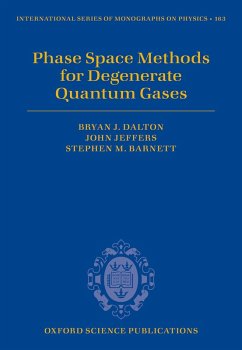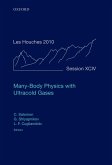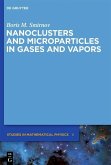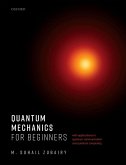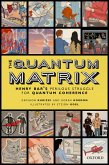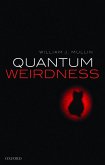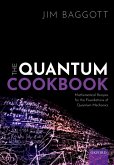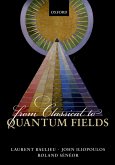Recent experimental progress has enabled cold atomic gases to be studied at nano-kelvin temperatures, creating new states of matter where quantum degeneracy occurs - Bose-Einstein condensates and degenerate Fermi gases. Such quantum states are of macroscopic dimensions. This book presents the phase space theory approach for treating the physics of degenerate quantum gases, an approach already widely used in quantum optics. However, degenerate quantum gases involve massive bosonic and fermionic atoms, not massless photons. The book begins with a review of Fock states for systems of identical atoms, where large numbers of atoms occupy the various single particle states or modes. First, separate modes are considered, and here the quantum density operator is represented by a phase space distribution function of phase space variables which replace mode annihilation, creation operators, the dynamical equation for the density operator determines a Fokker-Planck equation for the distribution function, and measurable quantities such as quantum correlation functions are given as phase space integrals. Finally, the phase space variables are replaced by time dependent stochastic variables satisfying Langevin stochastic equations obtained from the Fokker-Planck equation, with stochastic averages giving the measurable quantities. Second, a quantum field approach is treated, the density operator being represented by a distribution functional of field functions which replace field annihilation, creation operators, the distribution functional satisfying a functional FPE, etc. A novel feature of this book is that the phase space variables for fermions are Grassmann variables, not c-numbers. However, we show that Grassmann distribution functions and functionals still provide equations for obtaining both analytic and numerical solutions. The book includes the necessary mathematics for Grassmann calculus and functional calculus, and detailed derivations of key results are provided.
Dieser Download kann aus rechtlichen Gründen nur mit Rechnungsadresse in A, B, BG, CY, CZ, D, DK, EW, E, FIN, F, GR, HR, H, IRL, I, LT, L, LR, M, NL, PL, P, R, S, SLO, SK ausgeliefert werden.

